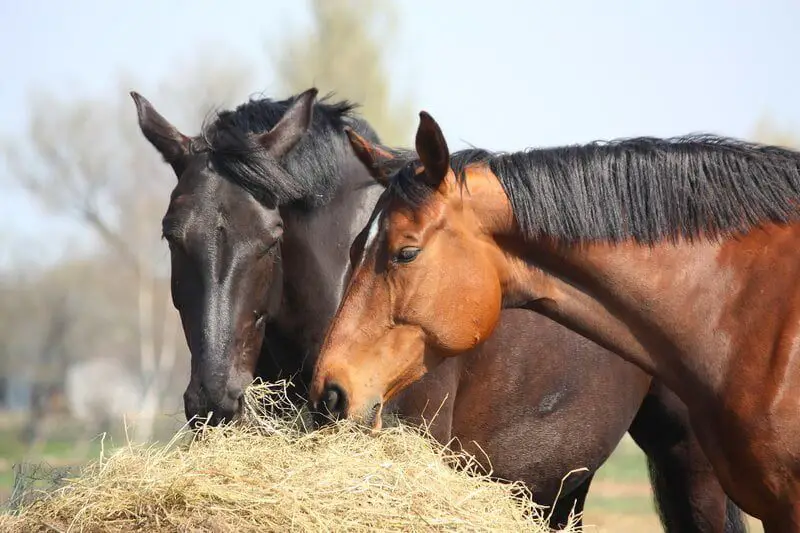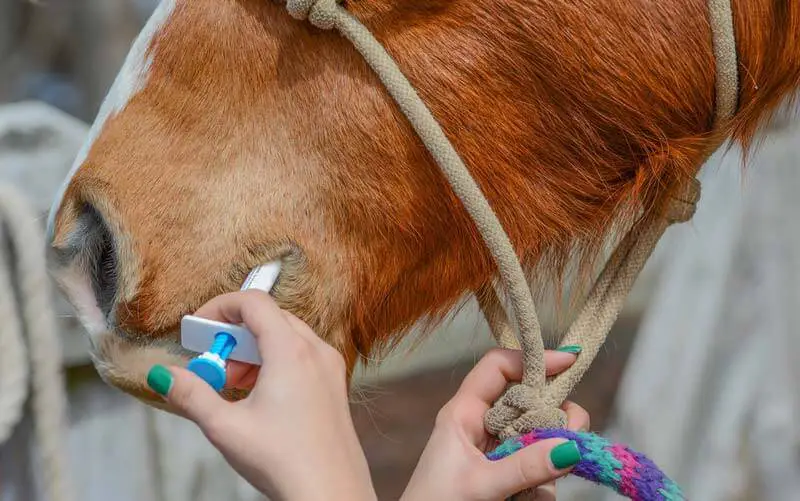
If you own a horse susceptible to grass-induced laminitis, Spring can make you feel increasingly nervous. However, with knowledge and support, you can provide your laminitic horse with the level of care they need to live comfortably.
Tip 1: Book a Vet Consultation
A thorough health check by your veterinarian is highly recommended for the laminitic horse, especially to prevent the symptoms of laminitis recurring this season. With the support of your vet, be sure to check:
- Your horse’s health and set steps to improve their overall health if needed
- Your horse’s weight and insulin levels, and set goals to reduce these if they’re too high
- Your horse’s vaccination and de-worming program to ensure they’re fully protected
Tip 2: Assess Your Horse’s Diet
Careful diet management is crucial to the health of the laminitic horse. A high-fibre, low-carbohydrate diet, comprised mostly of hay, will support your horse’s caloric needs, without overloading on sugar.
Tip 3: Manage Turnout Time
Pasture, especially during Spring, can pose a high health risk to laminitic horses. Depending on the severity of your horse’s condition, closely monitored turnout during the night or early morning when fructan levels are lowest may be acceptable.
Tip 4: Provide Supportive Hoof Care
Laminitic horses have unique needs when it comes to hoof care. Shoeing should be avoided for as long as possible in Spring, except where corrective shoeing is required. Trimming should be done by a competent farrier with prior laminitis experience.
Tip 5: Support Your Horse’s Wellbeing
All horses thrive on freedom of movement, access to pasture and interaction with other horses. Provide your horse with unlimited access to water and hay containing less than 10% sugar, and utilise grazing muzzles or a dirt path system to encourage happy, healthy behaviour.



